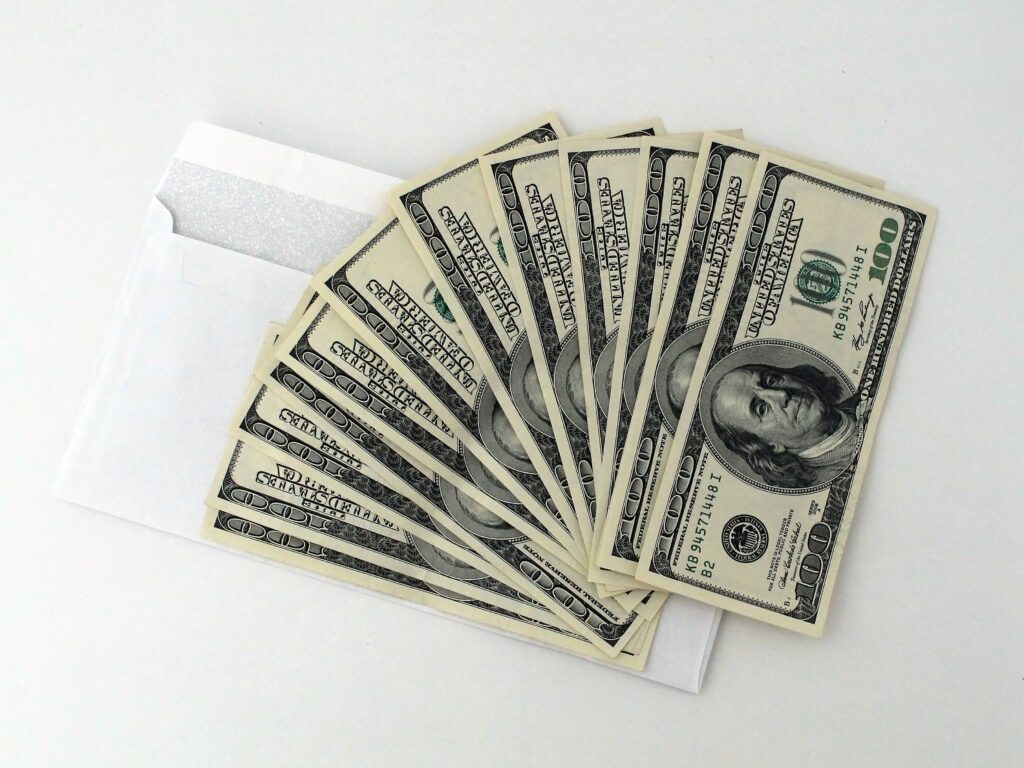Over the last three months the Coronavirus has gone from a problem primarily affecting regions in China to a global pandemic affecting the entire world. Economies have plunged into silent chaos; whole countries have citizens under lockdown and people struggle to find protective equipment and supplies. Anyone who can now works from home, businesses are temporarily shut and uncertainty awaits us all. With the downturn in the economy, more and more people are unemployed or working far less hours than were available before. Whole industries are devastated and, as stay-at-home orders are enforced from week to week, more and more people are suffering financially. Current students and recent graduates are especially concerned about whether they can pay off their substantial loans. Fortunately, Congress has passed debt relief measures to help alleviate some of the financial burdens at this time.
The CARES Act
On March 27, 2020 the CARES Act was passed by the House of Representatives and then signed by the President. The CARES Act is a $2 trillion stimulus package that is designed to pump money into the economy and mitigate the financial effects of the Coronavirus pandemic. The CARES Act offers substantial benefits to those who currently have federal loans that are owned by the government. Private student loans, which are typically underwritten by banks, credit unions and financial companies are not covered under this legislation. The final version of the CARES Act did not include any student loan forgiveness provisions.
Federal Student Loan Relief Measures
Under the CARES Act, payments on federal lending are suspended from mid-March through September 30, 2020. The payment suspension is being done automatically. All late fees and penalties are also being waived during this time. In addition, interest is being set to 0% and waived until the pandemic is over, so no new interest will be added to the balance you owe. If you had previously defaulted on your student debt, there is also good news in the CARES Act. Those in default, typically after not making a payment in 270 days, have been subject to garnishment of wages, income tax refunds and Social Security benefits. These actions are halted through September 30 2020, which may allow some borrowers time to get out of default on the debt.
Other Important Provisions of the CARES Act
Borrowers who are currently enrolled in the Public Service Loan Forgiveness program typically have to make 120 monthly payments as part of the debt relief program. Under the CARES Act, you are allowed to pause your payments for this six-month period and the non-payment months will still count toward the 120-payment requirement. For those in an income-driven repayment plan, a similar rule applies and the paused payments count toward your 20 to 25-year obligation. Another important benefit of the act is the provision that allows employers to pay off up to $5,250 of an employee’s student debt through December 31, 2020. In a way, these payments are treated as wages but there is no payroll tax or income tax on these amounts. This makes the payments tax deductible and payroll tax free for the employer and effectively tax free for the employee.











